Top GCHQ director calls security industry "witchcraft"
Dr Ian Levy accuses the industry of creating a climate of fear
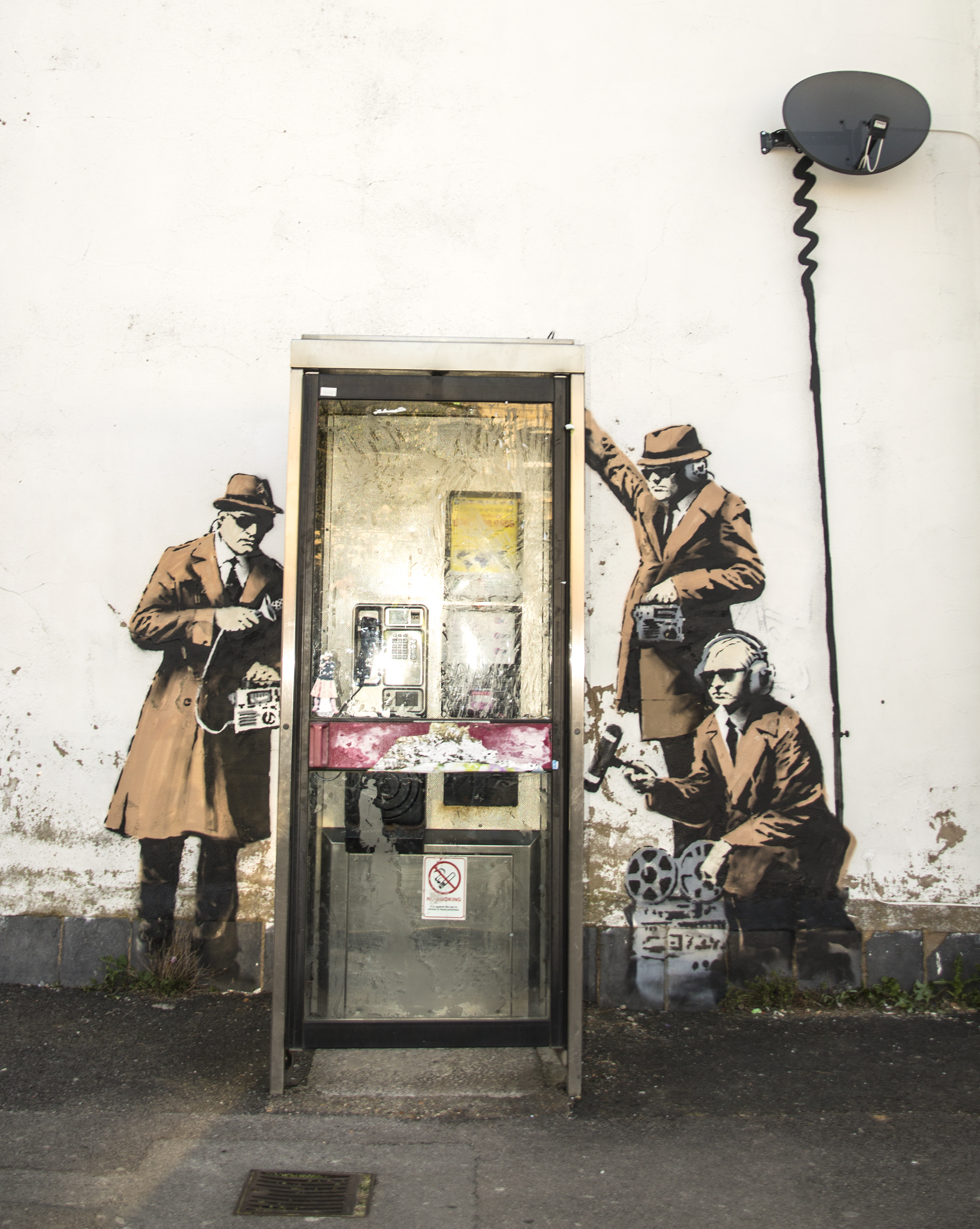

The National Cyber Security Center's technical director Ian Levy has slammed commonly-accepted cyber security advice, equating the security industry to "witchcraft" and accusing it of deliberately creating unnecessary fear around cyber threats.
Speaking at Future Decoded 2016, Microsoft's annual digital transformation conference, Levy argued that cyber security is not transparent and that the industry is "blaming the user for designing the system wrong".
"We have to make [security] much more user-centric - stop blaming the user, give them information, let them make decisions," he said.
He also argued that traditional security wisdom regarding email attachments and passwords is too complex and difficult for users to follow. According to his team's research, maintaining secure, regularly changed passwords for the average number of online sites and services equates to memorising a different 660-digit number every month.
Another target of his ire was the level of hyperbole surrounding the security industry. He took particular issue with the portrayal of hackers, which are commonly labelled 'advanced persistent threats', or APTs.
Instead, he argued that it should stand for 'adequate pernicious toerags', based on the fact that many attackers use older exploits and vulnerabilities with patches that are available, but not installed. By presenting hackers as super-skilled experts, however, he states that security companies are creating a climate of fear.
"Everything that we do as an industry is about making it sound really, really bad; because then you can't possibly defend yourself," he told attendees. "There's no other part of public policy that I'm aware of that allows this to happen. Nowhere else in public policy do you allow fear to rule."
Get the ITPro daily newsletter
Sign up today and you will receive a free copy of our Future Focus 2025 report - the leading guidance on AI, cybersecurity and other IT challenges as per 700+ senior executives
The sentiment clashed somewhat with a statement from chancellor Phillip Hammond, who stated that the UK needed to develop offensive cyber weapons in order to prepare the country for retaliation in case of a cyber attack from a foreign nation.
Levy argued for greater transparency within the secure industry, and the creation of a climate in which the UK can have an informed national conversation about the threats facing both private citizens and companies operating in Britain. To that end, the National Cyber Security Centre will be publishing information and documents through their website in order to inform the public.
"I want to get to a point where we have data, we have metrics, and we can start to explain to the public how we're defending the UK," he said.
Adam Shepherd has been a technology journalist since 2015, covering everything from cloud storage and security, to smartphones and servers. Over the course of his career, he’s seen the spread of 5G, the growing ubiquity of wireless devices, and the start of the connected revolution. He’s also been to more trade shows and technology conferences than he cares to count.
Adam is an avid follower of the latest hardware innovations, and he is never happier than when tinkering with complex network configurations, or exploring a new Linux distro. He was also previously a co-host on the ITPro Podcast, where he was often found ranting about his love of strange gadgets, his disdain for Windows Mobile, and everything in between.
You can find Adam tweeting about enterprise technology (or more often bad jokes) @AdamShepherUK.
-
 Should AI PCs be part of your next hardware refresh?
Should AI PCs be part of your next hardware refresh?AI PCs are fast becoming a business staple and a surefire way to future-proof your business
By Bobby Hellard
-
 Westcon-Comstor and Vectra AI launch brace of new channel initiatives
Westcon-Comstor and Vectra AI launch brace of new channel initiativesNews Westcon-Comstor and Vectra AI have announced the launch of two new channel growth initiatives focused on the managed security service provider (MSSP) space and AWS Marketplace.
By Daniel Todd
-
 Former GCHQ intern risked national security after taking home top secret data
Former GCHQ intern risked national security after taking home top secret dataNews A former GCHQ intern has pleaded guilty to transferring data from a top-secret computer onto his work phone.
By Bobby Hellard
-
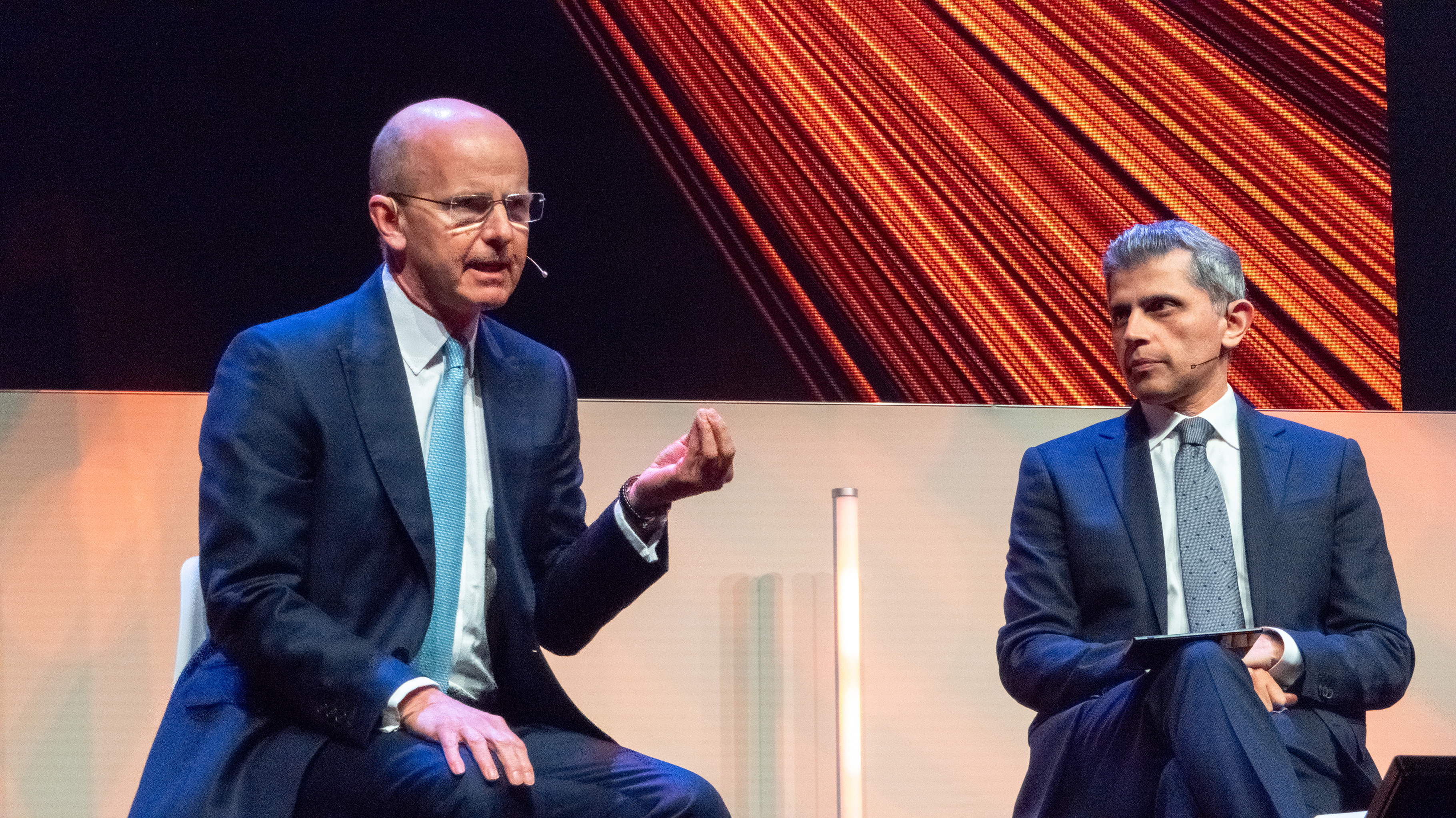 Businesses must get better at sharing cyber information, urges former GCHQ chief
Businesses must get better at sharing cyber information, urges former GCHQ chiefJeremy Fleming, the former head of GCHQ, has warned businesses face increasingly sophisticated cyber attacks on critical national infrastructure (CNI).
By Rory Bathgate
-
 ASUS, Cisco, Netgear devices exploited in ongoing Chinese hacking campaign
ASUS, Cisco, Netgear devices exploited in ongoing Chinese hacking campaignNews Critical national infrastructure is the target of sustained attempts from state-sponsored hackers, according to Five Eyes advisories
By Ross Kelly
-
 Off-the-shelf ransomware is spurring a new era in the Ukraine war
Off-the-shelf ransomware is spurring a new era in the Ukraine warNews Experts agreed Russian forces could be overwhelmed, forced to use less sophisticated tools to meet the regime's demands
By Connor Jones
-
 2022 Public Sector Identity Index Report
2022 Public Sector Identity Index ReportWhitepaper UK Report
By ITPro
-
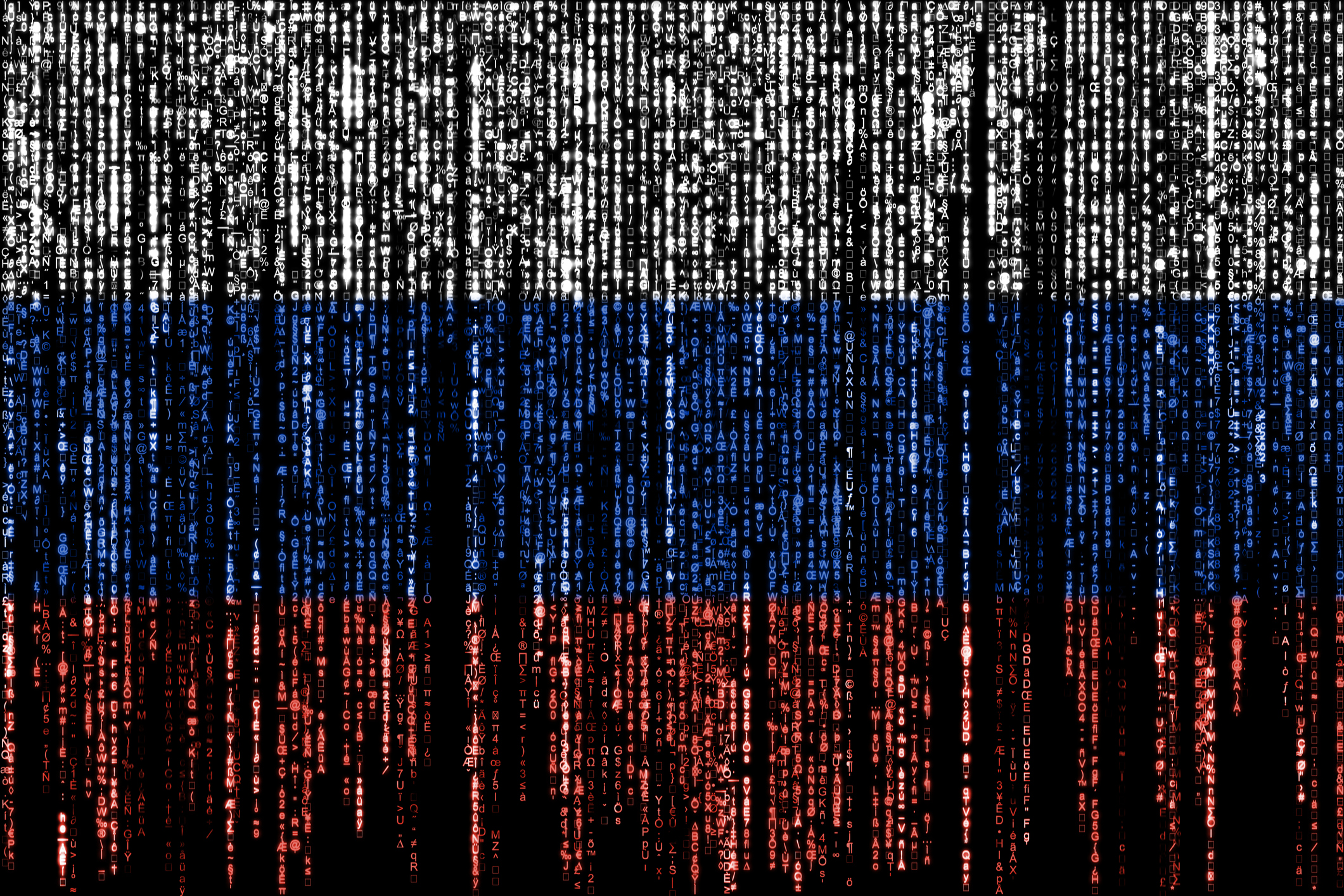 NCSC: “New class” of Russian cyber attackers seek to destroy critical infrastructure
NCSC: “New class” of Russian cyber attackers seek to destroy critical infrastructureNews The cyber threat has been raised due to the heightened risk of ideologically driven cyber attacks from Russia-aligned adversaries
By Connor Jones
-
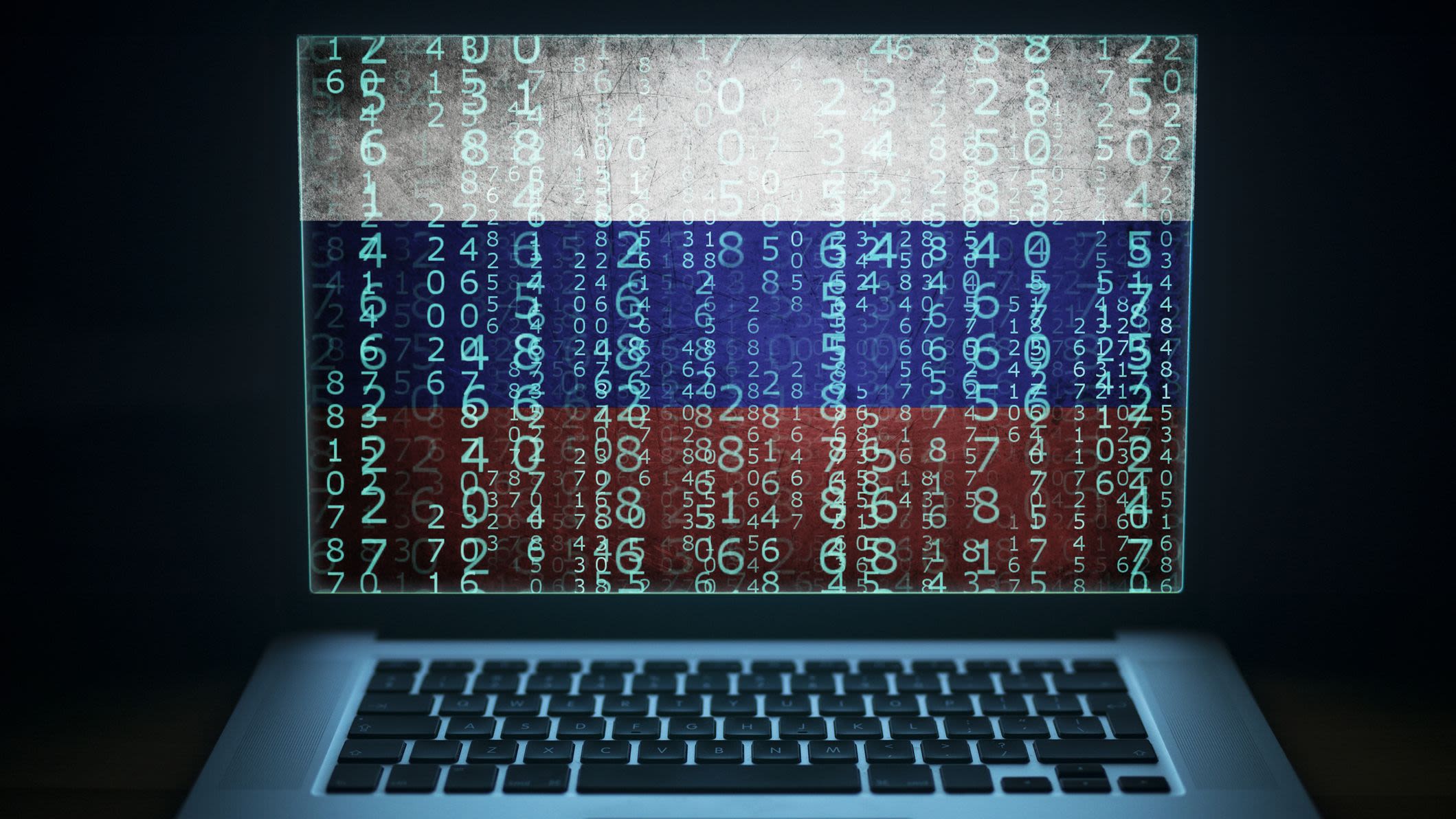 NCSC warns UK under state-sponsored spear-phishing attacks from Russia and Iran
NCSC warns UK under state-sponsored spear-phishing attacks from Russia and IranNews The acceleration in spear-phishing campaigns last year coincided with the escalating conflict in Ukraine, according to the NCSC
By Ross Kelly
-
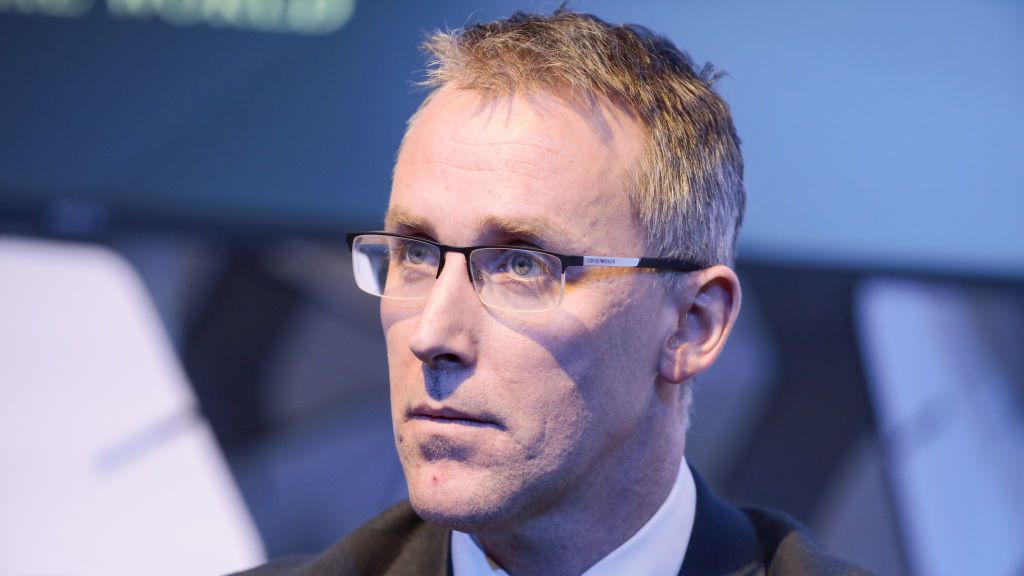 NCSC founder details 'biggest regret' in underestimating organised cyber crime
NCSC founder details 'biggest regret' in underestimating organised cyber crimeNews In a rare public address, Martin also detailed his proudest achievement and how the idea for the NCSC came to be
By Zach Marzouk